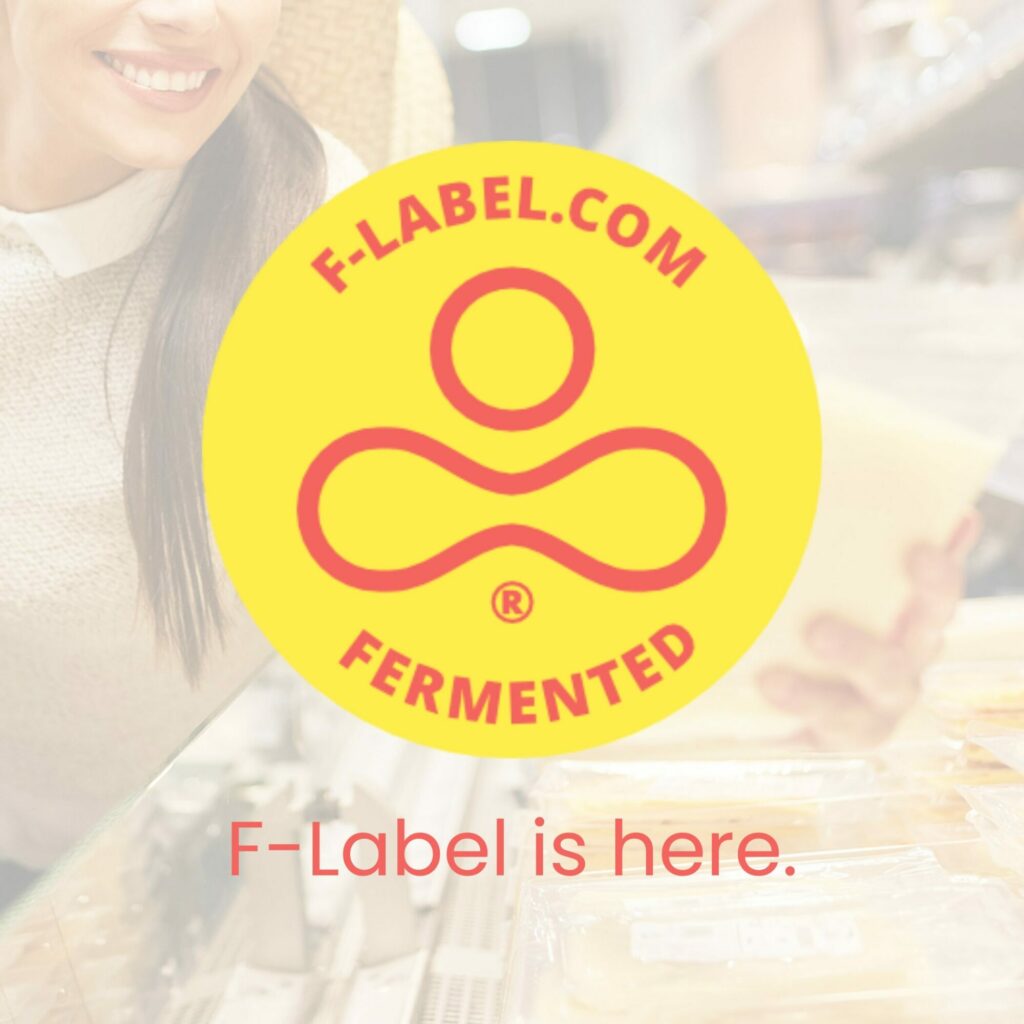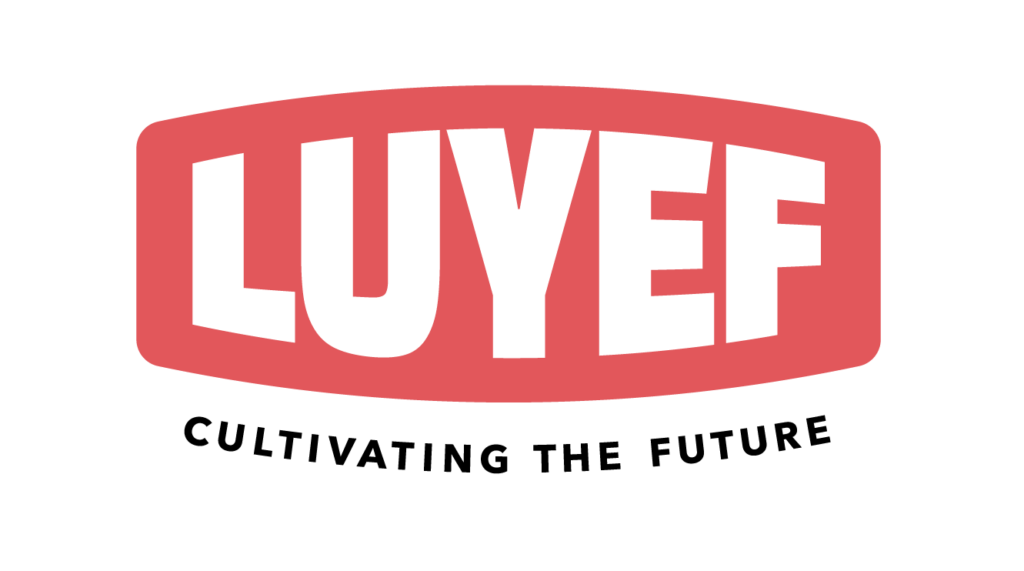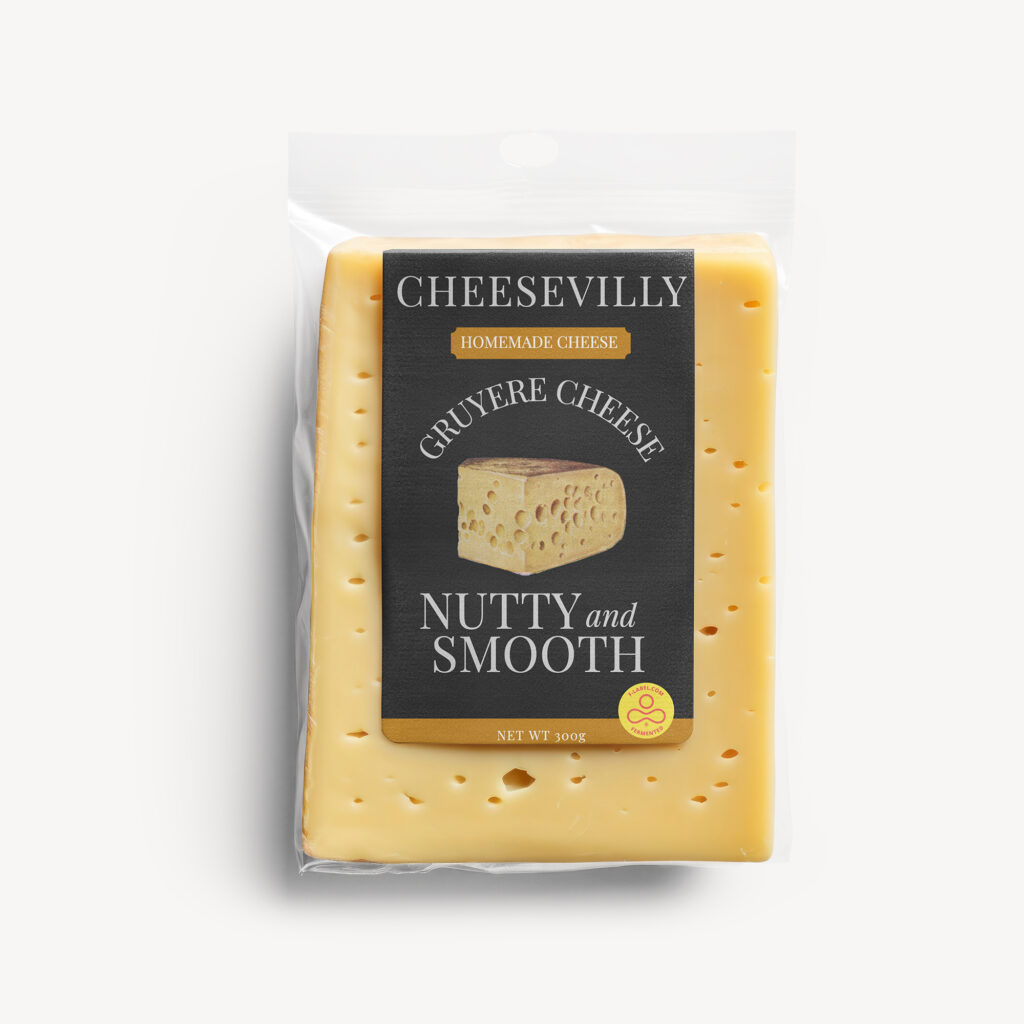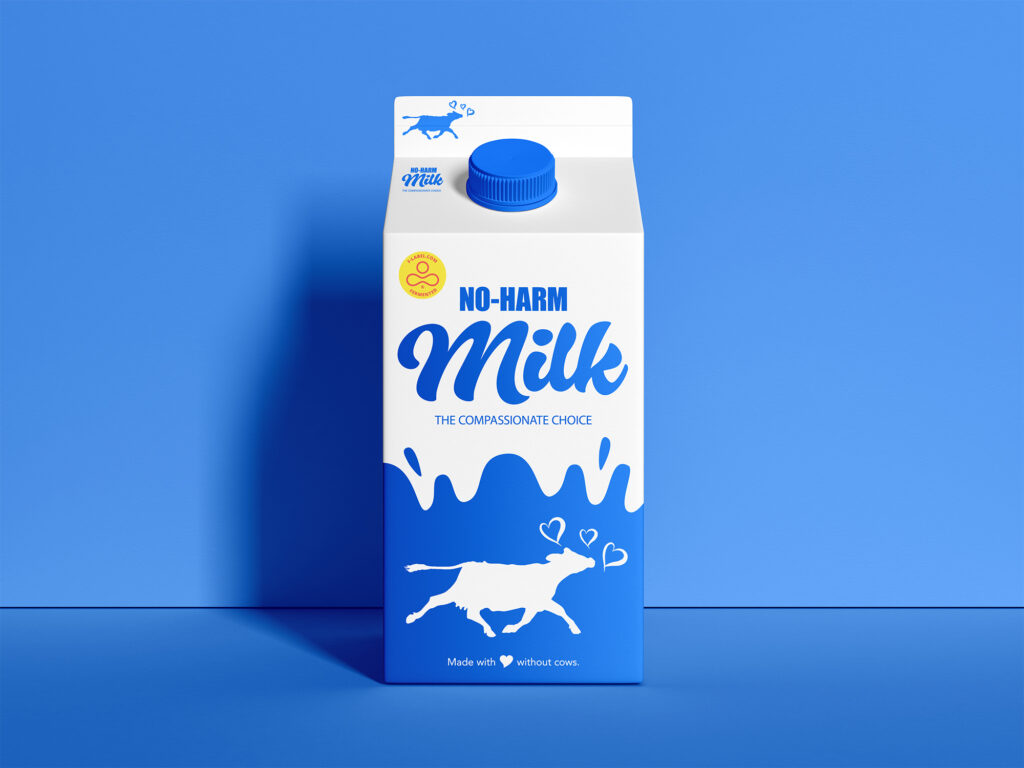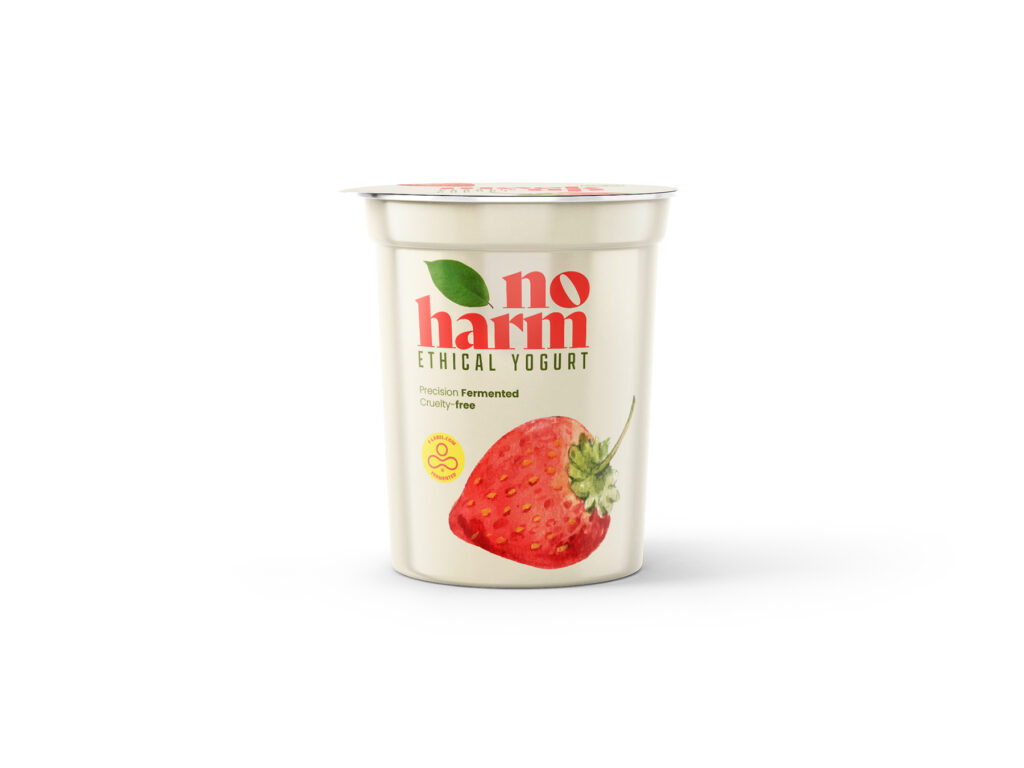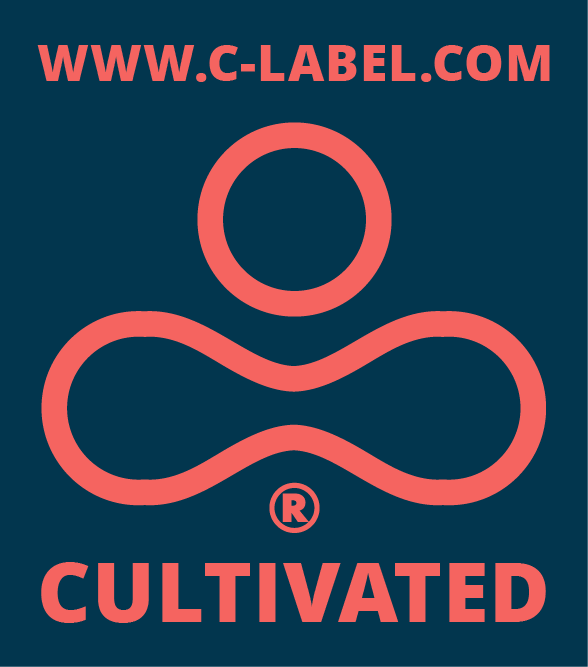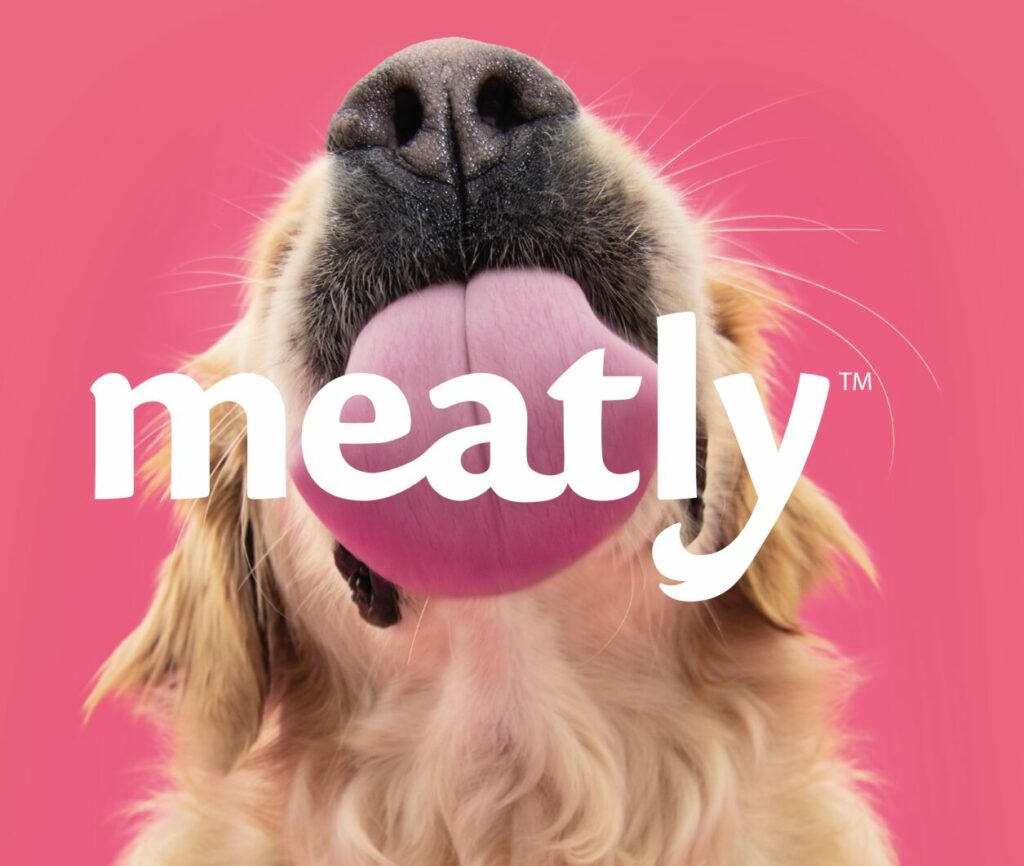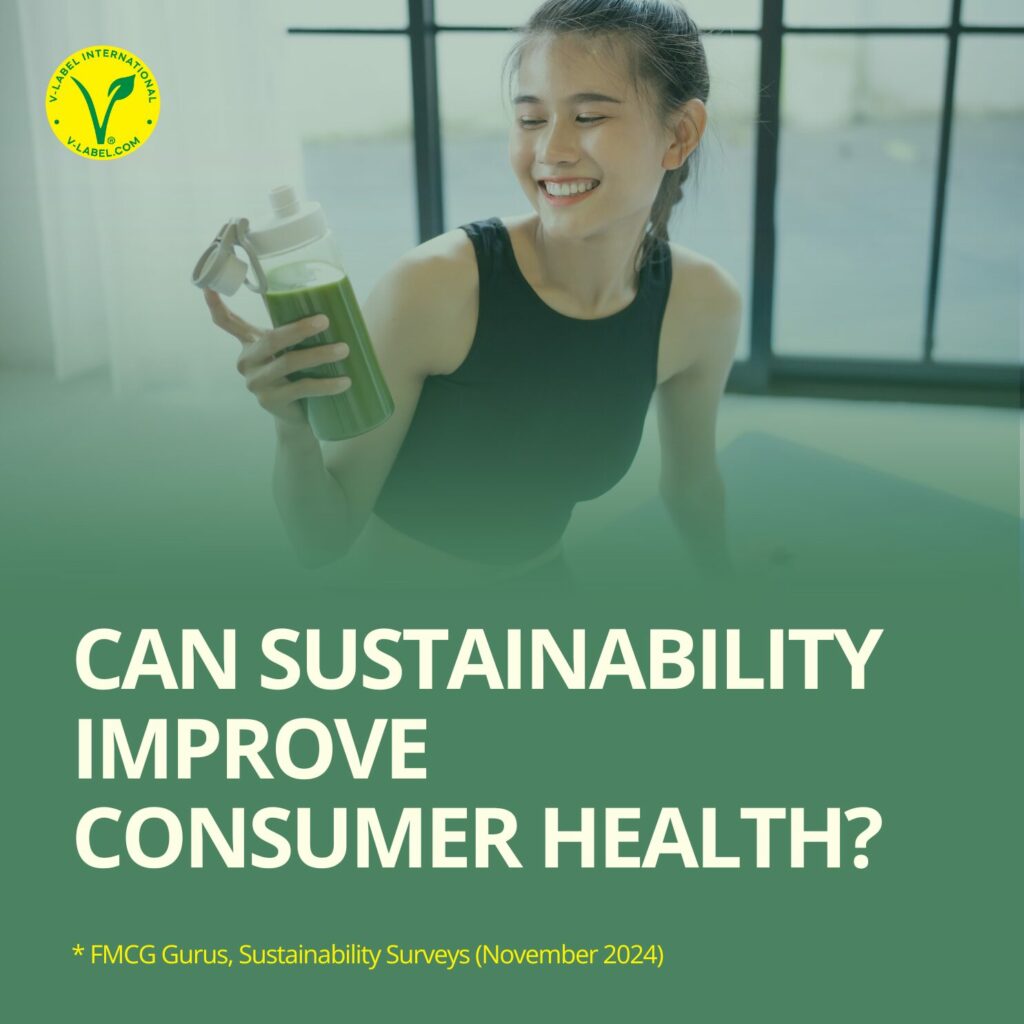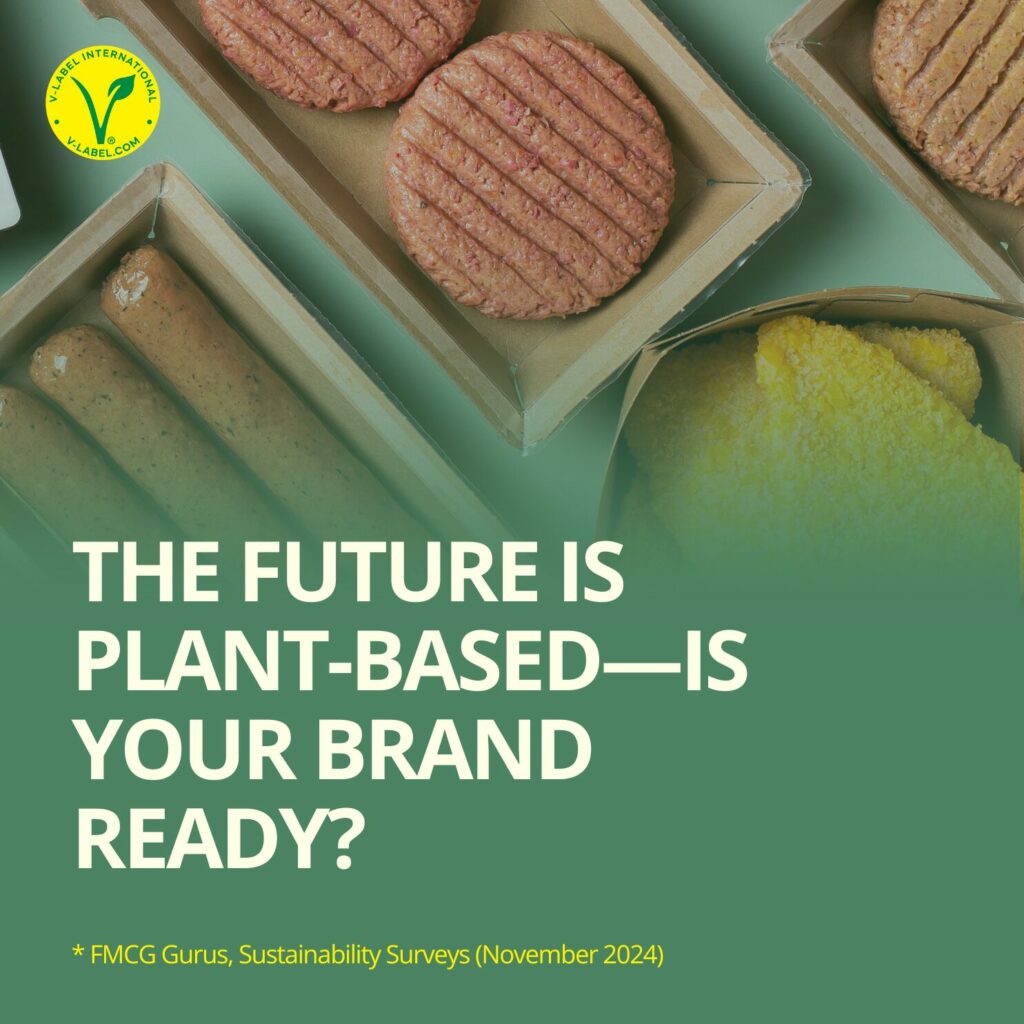In today’s beauty industry, vegan certification has transformed from a niche attribute to a major selling point. For marketing and sales teams in cosmetics manufacturing and retail, understanding the value of vegan certification is no longer optional—it’s essential. With consumers prioritizing ethical purchases and sustainability, vegan certification represents a unique opportunity to attract eco-conscious shoppers, differentiate your brand, and drive sales.
Here’s why vegan certification is a must-have for modern beauty brands and how marketing and sales professionals can leverage it to boost business.

Why Consumers Demand Vegan Certification
The rise of conscious consumerism is reshaping the beauty industry. A growing number of shoppers are seeking transparency and ethical practices from the brands they support. Vegan certification speaks directly to these values by ensuring products are free from animal-derived ingredients and cruelty-free.
According to a 2023 report by Mintel, 57% of global beauty consumers say they’re more likely to buy products labeled as vegan. This demand isn’t just limited to a small group; it spans demographics, with Millennials and Gen Z leading the charge. These shoppers not only prefer vegan-certified products but are also willing to pay a premium for them.
Marketing Vegan Certification as a Differentiator
For marketing teams, vegan certification provides a compelling narrative that resonates with today’s value-driven consumers. Here’s how to position it effectively:
- Highlight Transparency and Trust: Consumers are increasingly skeptical of vague claims like “natural” or “clean.” Vegan certification, provided by reputable organizations like V-Label, offers concrete proof of a brand’s commitment to ethical practices. This builds trust and sets your brand apart.
- Tap Into Emotional Storytelling: Vegan certification is about more than just ingredients; it reflects a commitment to sustainability, animal welfare, and ethical production. Share behind-the-scenes stories of how your brand aligns with these values. For example, showcase your suppliers’ sustainable practices or the steps your brand has taken to avoid animal testing.
- Leverage the Certification Logo: The recognizable logo of a certification body, such as V-Label, acts as a visual guarantee of your product’s vegan credentials. Prominently display it on packaging, websites, and marketing materials to reassure consumers and make your products stand out.
- Engage Eco-Conscious Shoppers Online: Social media and digital platforms are key channels for reaching the modern vegan-conscious consumer. Use vegan certification as a cornerstone of your digital marketing campaigns, incorporating it into influencer collaborations, video content, and user-generated posts.
Boosting Sales with Vegan-Certified Products
For sales professionals, the benefits of offering vegan-certified cosmetics extend beyond consumer appeal. These products create opportunities to tap into growing markets, build retailer confidence, and achieve higher sales margins.
- Access New Markets: Vegan certification helps brands to enter markets with strict regulatory requirements, such as the EU, where animal testing bans align with vegan principles. Retailers are increasingly looking to stock products that meet these standards, expanding their reach.
- Increase Shelf Appeal: The vegan certification logo enhances product visibility in stores, catching the eye of consumers who actively seek ethical purchases. Products that highlight vegan claims are more likely to capture attention in crowded beauty aisles.
- Capitalize on Premium Pricing: Consumers are willing to pay more for products that align with their values. Vegan-certified cosmetics can command higher price points, benefiting both brands and retailers.
- Strengthen Retailer Relationships: Retailers value brands that demonstrate alignment with consumer trends. By offering vegan-certified products, your brand positions itself as a forward-thinking partner that understands market demands.
Actionable Tips for Marketing and Sales Teams
- Audit Your Current Product Line: Identify which products meet vegan standards and consider pursuing certification for them. This creates an opportunity to refresh your marketing and sales strategies.
- Partner with Certification Bodies: Work with trusted organizations like V-Label to guide your certification process.
- Educate Your Team: Train your marketing and sales teams on the importance of vegan certification and how to communicate its benefits effectively. Equip them with talking points and materials that emphasize your brand’s ethical commitments.
- Monitor Market Trends: Stay updated on the latest consumer preferences and incorporate vegan certification into your long-term strategy. Regularly analyze how this certification impacts sales performance and adjust accordingly.
The Future of Vegan Certification in Marketing
The global vegan cosmetics market is projected to grow significantly in the coming years, driven by increasing consumer awareness and demand. For marketing and sales professionals, this presents an unprecedented opportunity to differentiate their brands and capture market share.
By emphasizing vegan certification, brands can align with consumer values, enhance their market position, and boost sales in a competitive industry. Whether you’re launching new products or revitalizing existing ones, vegan certification is a powerful tool for connecting with modern beauty shoppers.
Ready to explore the marketing potential of vegan certification? Contact V-Label to start your certification journey and unlock new opportunities for growth.
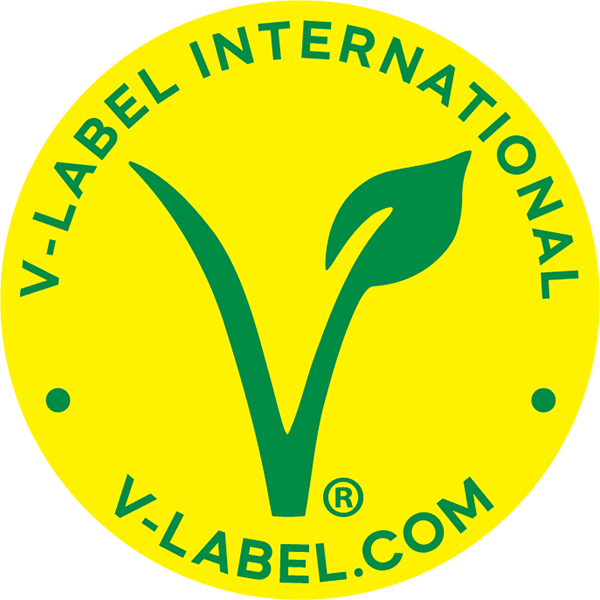
 Argentina
Argentina België (NL)
België (NL) Bosna i Hercegovina
Bosna i Hercegovina Brasil
Brasil Chile
Chile 中国
中国 Česká republika
Česká republika Colombia
Colombia Costa Rica
Costa Rica Danmark
Danmark Deutschland
Deutschland Ecuador
Ecuador España
España France
France Ελληνικά
Ελληνικά Hrvatska
Hrvatska Italia
Italia Lietuvių
Lietuvių 한국어
한국어 Magyar
Magyar Lebanon (EN)
Lebanon (EN) Melayu
Melayu Mexico
Mexico Nederland
Nederland Nigeria
Nigeria Norge
Norge Österreich
Österreich Perú
Perú Polski
Polski Português
Português Română
Română Русский
Русский Slovenčina
Slovenčina Türkçe
Türkçe South Africa
South Africa Suomi
Suomi Svenska
Svenska Schweiz
Schweiz Українська
Українська الامارات العربية المتحدة
الامارات العربية المتحدة Tiếng Việt
Tiếng Việt
